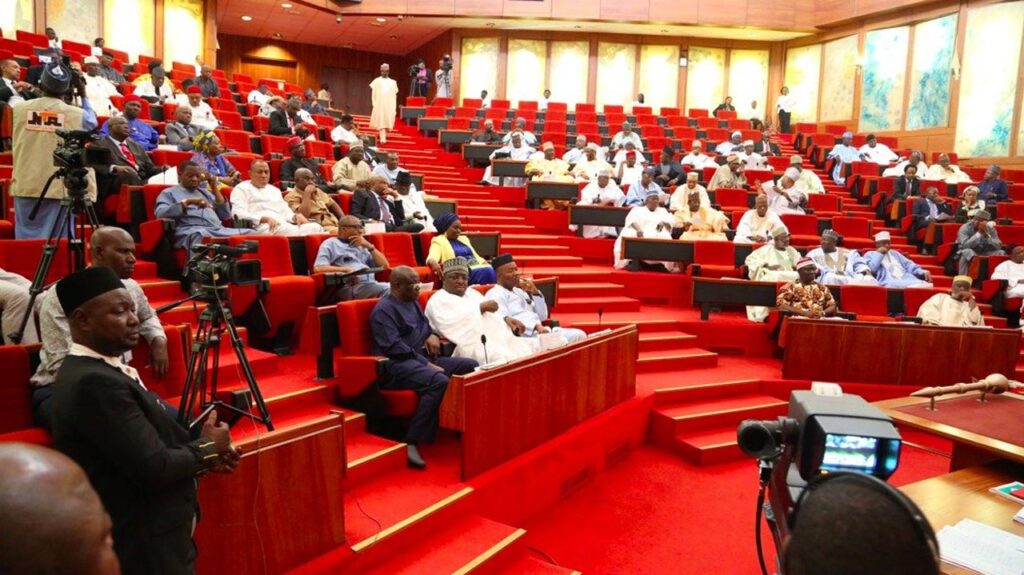The Lagos tenancy bill is gaining real momentum after passing its second reading at the Lagos State House of Assembly, promising to redefine landlord-tenant relations in Nigeria’s busiest city. For millions of residents squeezed by rising rents and patchy legal protection, this could be the start of a new chapter.
Lawmakers say the proposed law will clarify rights, responsibilities, and eviction procedures, hoping to replace uncertainty and conflict with fairness and transparency. With Lagos facing a housing deficit estimated at over five million units, the stakes couldn’t be higher.
What the Lagos tenancy bill aims to change
At its core, the Lagos tenancy bill aims to provide a clear legal framework for tenants, landlords, and agents. If passed, the law would introduce detailed guidelines on tenancy agreements, eviction notice timelines, and rent structures, whether monthly, quarterly, or annually.
Lawmakers like Sa’ad Olumoh (Ajeromi-Ifelodun I) argue this will reduce disputes by making payment terms and eviction procedures predictable. He describes the legislation as “crucial” for restoring trust between landlords and tenants.
Similarly, Aro Moshood (Ikorodu II) has called for an enforcement body within the bill to check landlords who impose rent hikes beyond legal limits — a frequent complaint in Lagos, where demand outstrips supply.
A timely response to housing chaos
The Lagos tenancy bill comes against a backdrop of soaring housing costs. Across Lagos, rents have climbed sharply in the past year: two-bedroom flats that once rented for around N500,000 now go for as much as N2 million, with even higher rates in Lekki, Ikeja, and Victoria Island.
Many tenants have long accused landlords of ignoring existing laws requiring at least six months’ notice before raising rents or evicting tenants. Meanwhile, landlords argue that slow court processes and non-paying tenants leave them vulnerable.
Lawmakers, including Speaker Mudashiru Obasa, have acknowledged this double-sided crisis, urging colleagues to keep in mind both tenants who rely on annual bonuses for rent and landlords who depend on rental income to stay afloat amid rising construction costs.
Addressing gaps and new realities
The Lagos tenancy bill also proposes clearer roles for agents, often blamed for inflating rents and adding hidden fees. Legislators say this clarity could curb abuses, help courts resolve disputes faster, and discourage forced evictions.
Mr. Stephen Ogundipe (Oshodi-Isolo I) praised the bill’s inclusive approach, covering everything from agent conduct to defining when and how eviction notices can be served. Femi Saheed (Kosofe II) added that the law recognises landlords’ rights to recover levies like tenement rates, while still protecting tenants from sudden displacement.
Critics warn of rent control risks
While many welcome the Lagos tenancy bill, real estate stakeholders have sounded warnings about unintended consequences. Groups like the Nigerian Institution of Estate Surveyors and Valuers (NIESV) argue that strict rent caps or forced monthly payments could push landlords to convert long-term rentals into short-term apartments, shrinking supply and driving rents even higher.
Others, including real estate consultant Sola Enitan, suggest the bill could clash with constitutional property rights, disrupt market dynamics, and deter badly needed private investment in housing.
The challenge, experts say, is balancing tenant protection with incentives that keep developers building, a delicate dance in a market as volatile as Lagos.
Next steps for the Lagos tenancy bill
Following Thursday’s debate, the Lagos tenancy bill has been referred to the House Committee on Housing for further review, with a report expected back in three weeks. If approved, it could become law later this year, potentially reshaping how millions of Lagosians rent, pay, and resolve disputes.
For now, both landlords and tenants are watching closely, hoping the final version delivers what Lagos truly needs: a fairer, clearer, and more efficient housing system.
Fires Devastate Lagos, Causing N19 Billion In Property Damage

